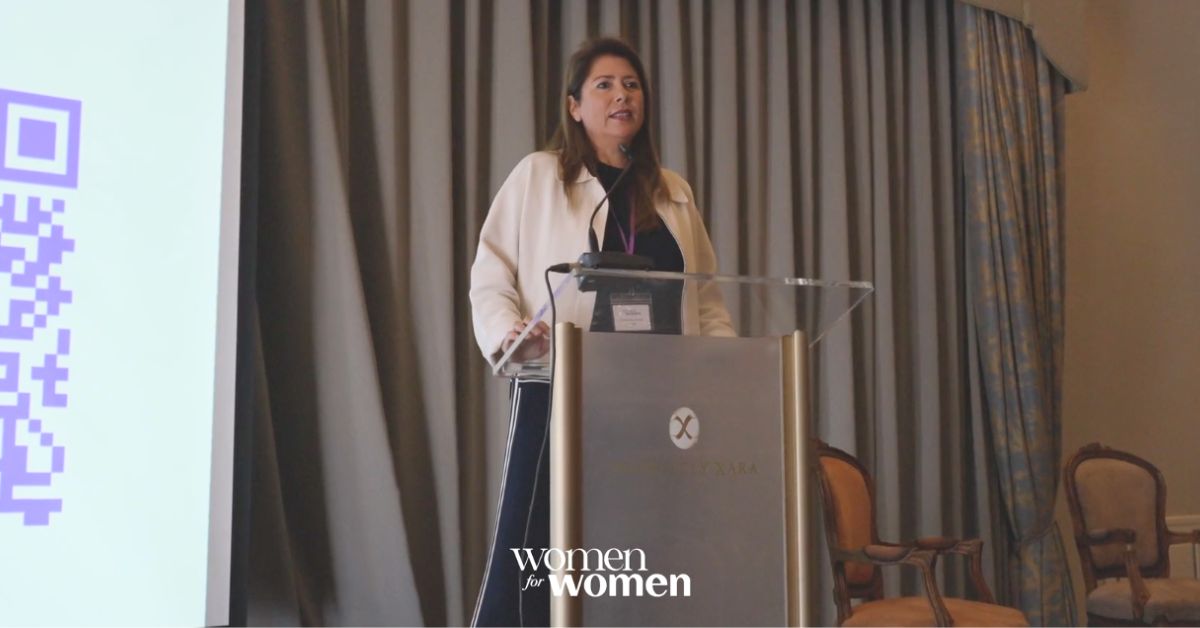A recent study revealed that when a wife starts earning more than her husband, his likelihood of being diagnosed with a mental health issue increased by 11 per cent.
The study follows an analysis of more than 20,000 Swedish couples. University of Durham economist Demid Getik commented that he was curious to test whether ‘breadwinner’ expectations still persist in an egalitarian and modern society.
Interestingly, this research was possible since Sweden keeps linked records of both health diagnoses and tax returns. This led him to follow the collective mental health and earnings of couples over the course of a decade.
It should be noted that the findings only cover those who have been formally diagnosed, about two per cent of the sample. However, he suggested that it was reasonable to assume they might serve as an indicator of overall marital satisfaction and happiness.
The research, published in The Economic Journal, indicates that the more the couple earned, the greater their apparent mental wellbeing.
However, when Mr Getik analysed the relative earnings of spouses, a different pattern became apparent. By examining couples where the husband and wife earned nearly the same and observing what occurred when one surpassed the other, he identified a sudden shift in diagnoses.
If a man reclaimed the higher earning position, his mental health improved. Conversely, if his wife overtook him, his mental health deteriorated – frequently accompanied, it seems, by substance use.
“It seems like there is a certain preference still to have the male in the family earning more,” he said.
Subverting traditional income dynamics, where men are expected to outearn their wives, doesn’t exclusively impact men; women may also face negative effects. Although the effect on women is less pronounced, the likelihood of receiving a mental health diagnosis increases by up to eight per cent. “I can’t speculate exactly to what extent this preference is driven by men or women,” he said.
The findings align with other studies that have, for example, associated higher female earning power in relationships with increased divorce rates and decreased marital satisfaction.
Mr Getik suggested that similar patterns might be observed in other countries. “Sweden is a society with high female labour force participation that is reasonably egalitarian. If even there we see this, I would imagine in other more conventional societies this would also apply.”
Malta’s merit-based citizenship framework is taking shape – but key questions remain
Things are (a bit) clearer.
HSBC Malta names Anthony Doublet as Non-Executive Director
He brings more than four decades of professional experience to the role.
Shoulder Compliance appoints Daniella Mizzi as Head of Anti-Financial Crime
She was described as 'a highly effective partner.'
Designing work and health around real lives: Inside this year’s Women for Women Expo
What began in 2015 as a Facebook group has evolved into a 61,000-strong community and yearly Women-led Expo.









